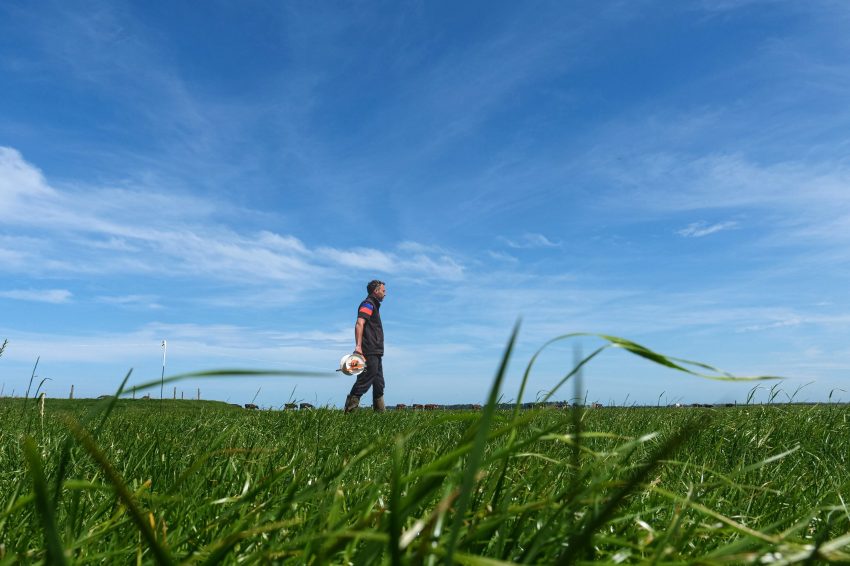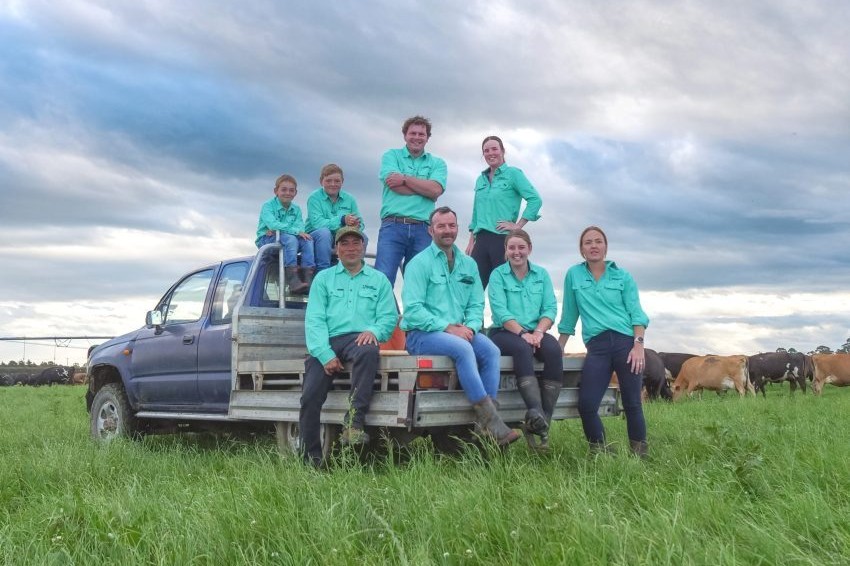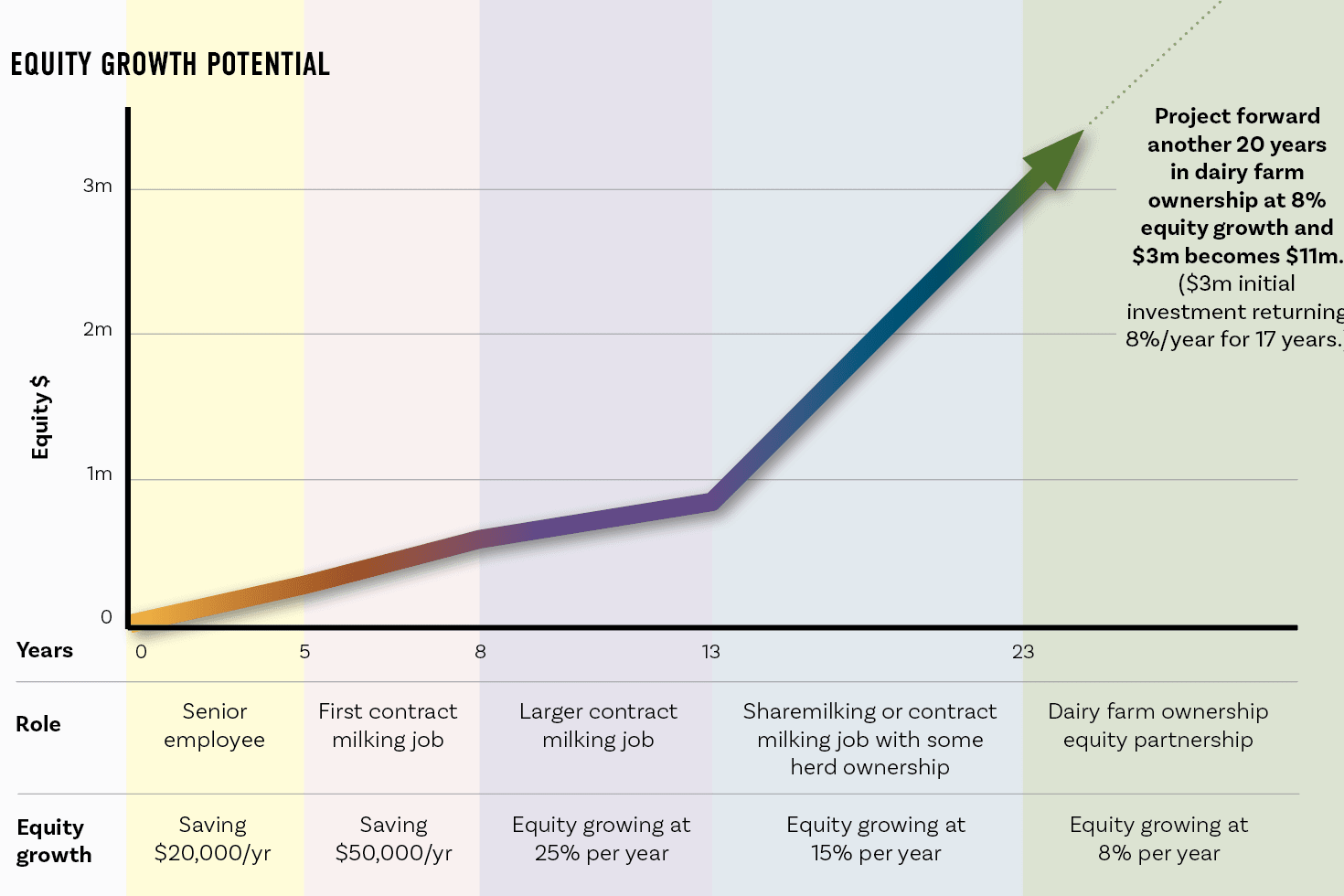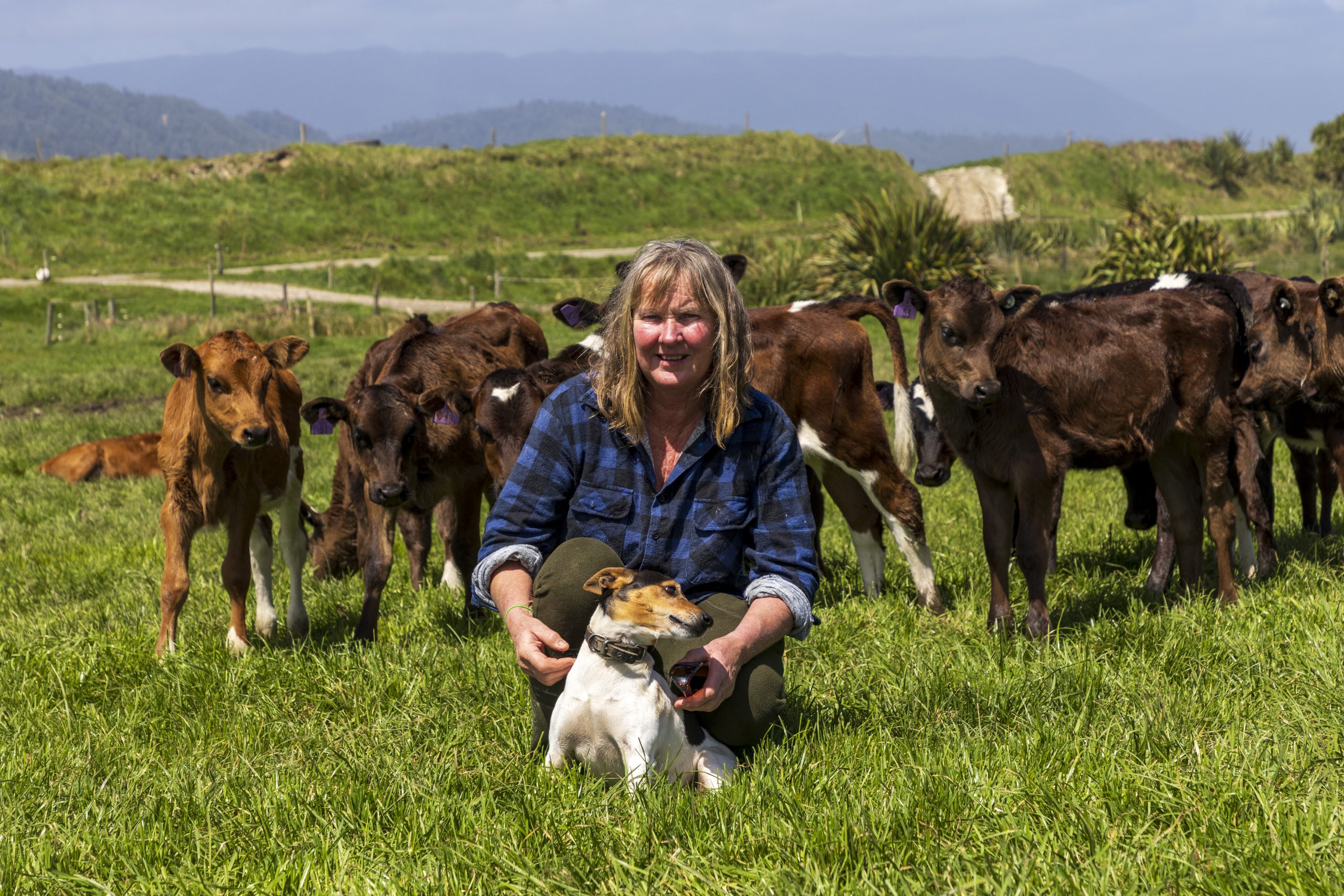Young beef protein solution
Mīti smokey kānuka and honey beef bites were a hit at the Fieldays, a protein snack that could be one of the solutions to the dairy industry’s non-replacement calves. Words Sheryl Haitana.
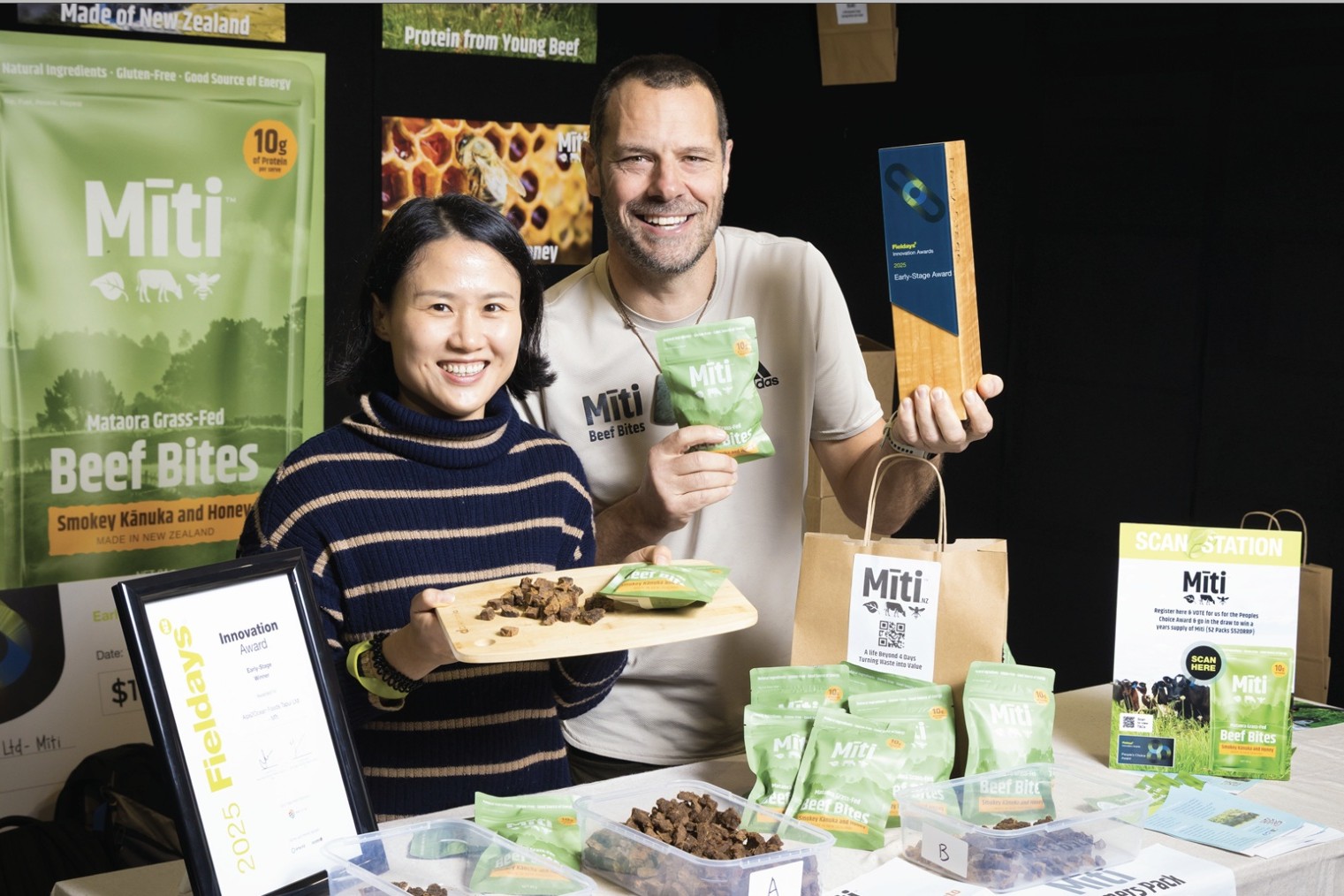
Ōamaru’s Alps2Ocean Foods Tapui Ltd, a Māori-owned agribusiness, won the People’s Choice Award, and the Early-Stage Award in the 2025 Fieldays Innovation Awards.
Its product Mīti transforms the sector’s surplus dairy calves into a world-first, shelf-stable, functional protein snack. It’s made in New Zealand from 10-month-old grass-fed young beef.
Mīti is Māori for meat. The bites combine grass-fed beef with honey, and contain over 10g of high-quality protein per serve.
“It’s a product like this that can start to make a dent in the bobby calf problem,” Ōamaru’s Alps2Ocean Foods Founder Daniel Carson says. “It meets environmental standards, animal welfare standards, health and nutrition needs and it’s wrapped in a New Zealand brand.”
Fast-finishing systems like this with beef-on-dairy animals result in a carbon footprint that is 32–48% lower than the average traditional beef systems in New Zealand, according to analysis done by AgResearch scientists, supported by the Bioresource Processing Alliance and in partnership with organisations such as Fonterra and Alps2Ocean Foods.
“We are not trying to compete with other New Zealand products – we have created a new category,” says Carson. “The beef market can learn off dairy with what it’s done to leverage into value-add products. There is a lot of innovation that can take place for red meat.”
“It meets environmental standards, animal welfare standards, health and nutrition needs and it’s wrapped in a New Zealand brand.” – Daniel Carson, Alps2Ocean Foods
The age of the young beef at 10 months works on multiple levels, from consumer acceptance through to farmers not having to winter the animals and working in with existing processing calendars.
They have leaned away from using the term veal, and have had no push back on the 10-month-old animals, he says.
“We tell the story of a life beyond four days. I think the story works well for the farmer, for the environment and for the consumer. It’s a really cool story we can tell about these animals.”
Supply farmers have to meet high environmental and animal welfare standards.
“We wanted to work in with existing farm systems. We have had so many offers of supply by farmers. We pay $8/kg for the animals. We want to make it an attractive price.”
Alps2Ocean Foods Tapui is currently working with several large corporate farms as their supply base as they try to build partnerships to take the product to scale.
To scale up in the future, they will need to find a place to manufacture the unique product and collaborate with farmers, dairy companies and meat processors, Carson says.
Winning two awards in the Fieldays Innovation Awards was great validation from the public voters and the judges, he says.
“We’ve obviously got the taste right in our Mīti Beef Bites, and customers also appreciate that
our value chain is designed to highlight New Zealand’s best pastoral farming practices and highest animal welfare standards.
“A lot of the bobby calf problem conversations are going around in circles. We need to start putting some of these solutions in place.”

